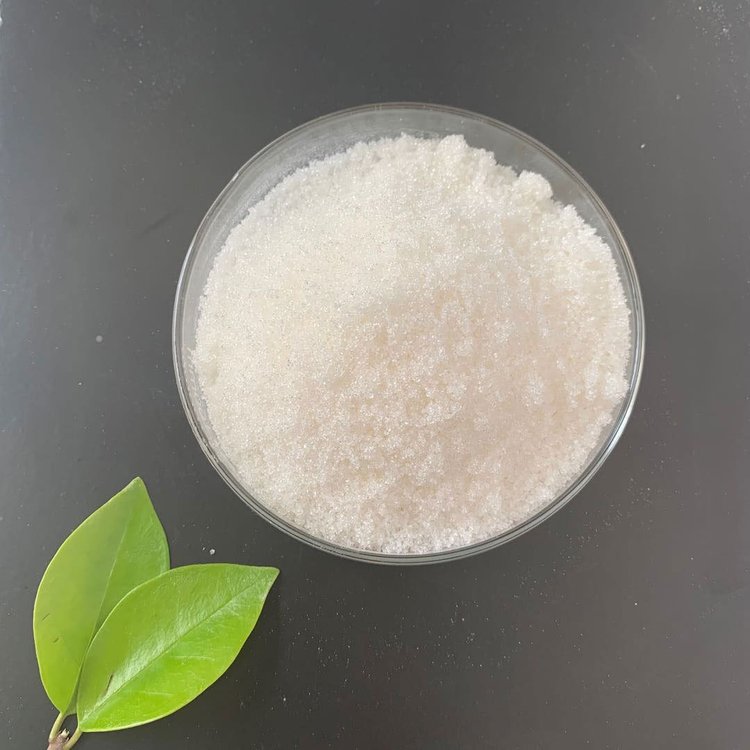Views: 2 Author: Michael Publish Time: 2025-04-01 Origin: www.elite-indus.com

D-Allulose, as a natural monosaccharide sweetener, exists in small amounts in nature and is also known as a rare sugar.
It is found in trace amounts in figs, kiwis, raisins, wheat, tea trees, etc; In addition, foods containing fructose and sucrose may also undergo minor conversion during processing or cooking.
D-Allulose is a white powdery crystal with a melting point of 109 ℃. Stable in nature, not easily hygroscopic, and highly soluble in water. 291g can be dissolved in 100g of water at 25 ℃. Its sweetness is pure, 70% of the sweetness of sucrose, and it has similar taste and volume characteristics to sucrose;
At the same time, D-allulose, like sucrose, can undergo Maillard reaction with compounds containing amino groups, producing flavor and color substances that give food a unique flavor and color. In various types of food and beverages, especially in the baking food field where reducing sugar is difficult, it has strong application prospects.

Not raising blo od sugar. The energy of D-aloulose is 1.67 kJ/g (0.4 kcal/g), which is equivalent to one tenth of sucrose.
D-Allulose does not participate in glucose related metabolism and does not produce energy. After absorption, it is almost completely excreted through the kidneys, so it does not cause an increase in blo od sugar and in sulin levels.
Compared with sucrose or maltodextrin alone, D-allulose can inhibit the increase of blood glu cose and ins lin concentration when used in combination with sucrose or maltodextrin.
In addition, D-aloxose will not have the risk of increasing blood lipid and uric acid levels, nor cause proinflammatory effects in the body. It has the potential to improve or reduce the risk of obesity, type 2 diabetes, cardiovascular disease and fatty liver disease, and has important application value in functional food (such as formula food for special medical purposes for people with diabetes) and drug development. In addition, D-alloulose also has positive health benefits in oral and neuroprotective aspects.
D-Allulose has high safety. A study on oral D-allulose intestinal tolerance in adults found that for an adult weighing 60kg, the maximum single dose of D-allulose intake was 24g, with a maximum daily intake of 54g.
No severe diarrhea or other gastrointestinal symptoms were found, and no side effects were observed. Another study observed the intestinal tolerance of children to two oral doses containing 2.5g and 4.3g of D-alloulose, respectively. The results showed that D-alloulose was well tolerated in children.